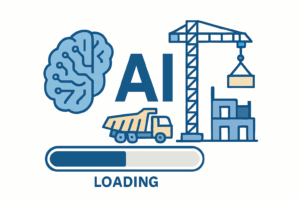
Understanding 401(k) Loans
RetirementApr 19, 2023
Many people find themselves in a financial pinch at some point in their lives. For those who contribute to their 401(k) plans, there could be a nice balance there that is tempting to access. It feels like a no brainer. You’re borrowing money from yourself and paying the interest to yourself instead of a bank. You also don’t have to go through the hassle of a credit application and won’t even have an inquiry on your credit. Where do I sign?
While it is a viable option in difficult situation, it is important to understand how it works. First and foremost, you have to make sure your plan allows for loans. Assuming it does, the maximum amount available to you is the lesser of 50% of your account balance or $50,000. Interest rates have come up in recent years, so the payments have gone up. Even though the payments are going to you, it is still worth noting that your take home pay will decrease. This puts you in the situation of thinking about cutting your contributions while you pay the loan back. Obviously, that will have a negative impact on the long-term growth of your account.
The maximum term is 5 years unless it is being used towards a residential purchase. In that case, it can go as long as 25 years. While this takes your payment down and can help you continue to contribute, there is one major risk to an extended term. If you leave your employer, the loan becomes a taxable distribution to you. Assuming you are under 59 ½, you’ll owe taxes and a 10% penalty on the balance unless you are able to pay it off. Some plans allow you to roll over a 401(k) loan, but that is not something you can bank on.
The final concern that doesn’t always come up is that the loan is paid back with after tax dollars. The is more impactful to your take home pay than pre-tax 401(k) contributions. Furthermore, your after-tax dollars will be taxed again when you take the money out of your 401(k) after retirement. Depending on your tax rate, it may still be more cost effective than taking a loan from a bank, but it is something to be aware of.
Juggling the short term vs. the long term is difficult at times, especially when something unexpected happens in your life. The purpose of this article is to help you make an informed decision if you are considering a 401(k) loan. It is not to scare you away from it. If you are in need of some money and it can help you relieve some financial stress in your life, that is why the option is there. As always, we would encourage you to discuss your situation with a professional before making any major financial decisions.


